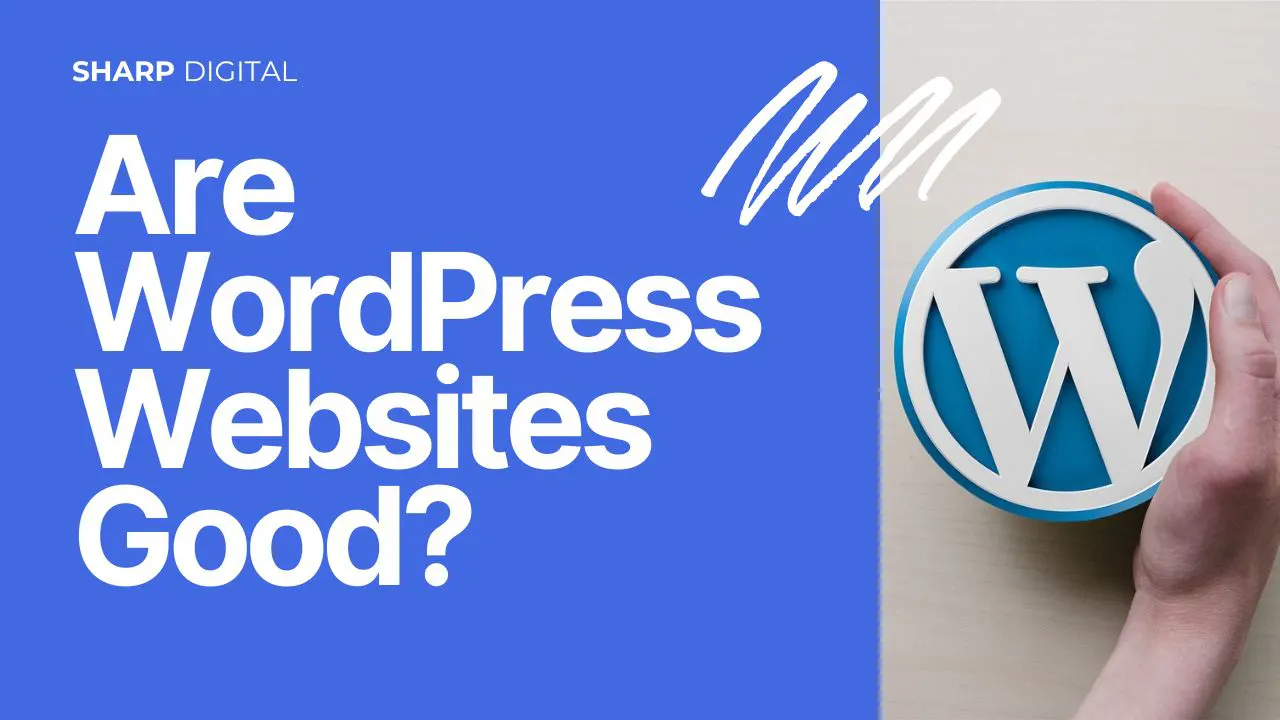Google's Gemini represents the pinnacle of multimodal AI integration, making it our go-to choice for projects requiring image analysis, video processing, and seamless Google Workspace integration.
Key Features & Capabilities:
- True Multimodal Processing: Native support for text, images, audio, and video
- Google Ecosystem Integration: Direct access to Search, Maps, and Workspace tools
- Real-time Knowledge: Continuous learning with current event awareness
- Advanced Coding: Superior performance in software development tasks
- Function Calling: Seamless integration with external APIs and tools
Pricing Structure (2025):
- Gemini 1.5 Pro: $0.00125 per 1K input tokens, $0.005 per 1K output tokens
- Gemini 1.5 Flash: $0.000075 per 1K input tokens, $0.0003 per 1K output tokens
- Gemini Ultra: $0.01 per 1K input tokens, $0.02 per 1K output tokens
- Enterprise Plans: Custom pricing with advanced features
Performance Benchmarks:
- MMLU Score: 85.9% (strong academic performance)
- Multimodal Understanding: 94.7% on visual reasoning tasks
- Code Generation: 89.3% accuracy on programming tasks
- Response Time: ~1-2 seconds for most queries
Pros & Cons:
Pros:
- Best multimodal capabilities
- Seamless Google integration
- Real-time knowledge access
- Excellent coding assistance
Cons:
- Complex pricing structure
- Privacy concerns with Google
- Less creative than Claude
Sharp Digital Usage:
Gemini is our primary tool for visual content analysis, SEO research with real-time data, and integrated marketing campaign planning. Its ability to analyze website screenshots and provide actionable insights has revolutionized our client consultation process.



